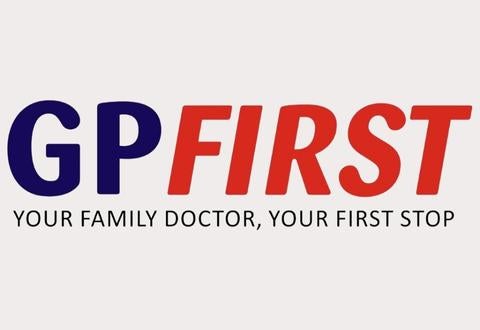Changi General Hospital will NEVER ask you to transfer money over a call. If in doubt, call the 24/7 ScamShield helpline at 1799, or visit the ScamShield website at www.scamshield.gov.sg.
Budget debate: Ex-inmates can get follow-up medical care at Changi General Hospital after release

This ensures continuity of healthcare as ex-offenders would have received their treatment at Changi General Hospital during incarceration, said Minister of State for Home Affairs Muhammad Faishal Ibrahim. ST PHOTO: GIN TAY
SINGAPORE - Ex-offenders who continue to need medical care after their release from prison are referred to Changi General Hospital's specialist clinics for follow-up treatment, said Minister of State for Home Affairs Muhammad Faishal Ibrahim on Thursday (March 3).
Speaking in Parliament during the debate on his ministry's budget, Associate Professor Faishal was responding to a question from Dr Tan Wu Meng (Jurong GRC) on the handover of medical care of ex-inmates.
There is continuity of healthcare as ex-offenders would have received their treatment at Changi General Hospital during incarceration.
"Prisons is exploring with SingHealth on facilitating follow-up appointments at other public healthcare institutions which are closer to the ex-offender's home," he said.
In his speech, Prof Faishal also addressed a question from Mr Derrick Goh (Nee Soon GRC) on how the Central Narcotics Bureau (CNB) has been tackling the sale of drugs on digital platforms.
"CNB will continue with operations targeting traffickers and abusers who use encrypted messaging platforms such as Telegram," he said.
In CNB's annual statistics released last month, the bureau said young people continue to make up the bulk of first-time drug abusers, with three in five offenders below the age of 30.
People in that age group made up 60 per cent (561 offenders) of first-time drug offenders and 33 per cent (912 offenders) of all drug abusers caught.
Under the law, a person faces a maximum of 10 years' imprisonment or $20,000 fine, or both, if found guilty of drug possession or consumption.
Stay Healthy With
© 2025 SingHealth Group. All Rights Reserved.



















